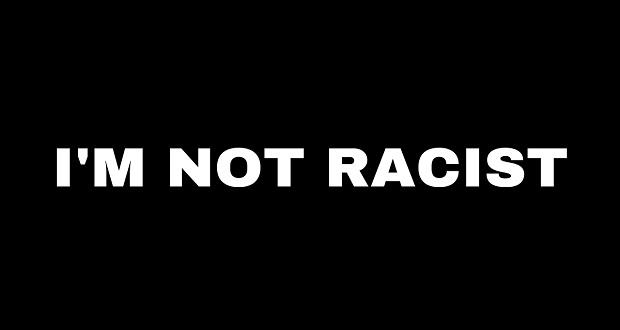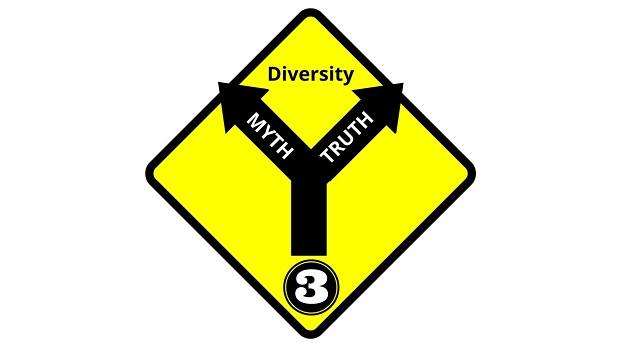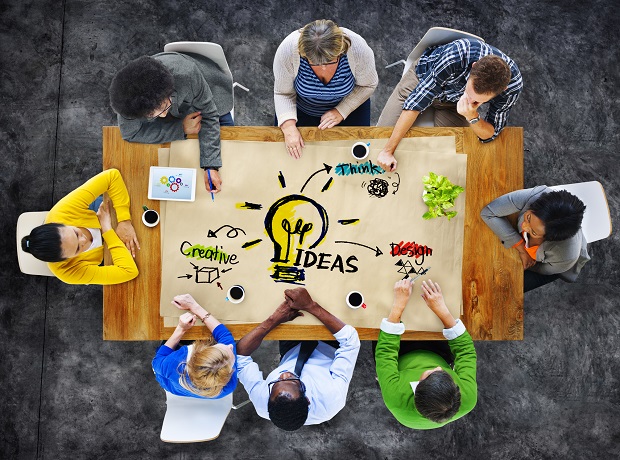Last week’s release of Joyner Lucas’ controversial song “I’m Not Racist” went viral on most media platforms including Facebook and CNN. I initially heard of its release, word of mouth from a close relative who appreciated the “creativity” of Lucas’ approach. I did not have the same outlook, nor the opportunity of hearing the song prior to seeing the music video. But I was curious—who is Joyner Lucas, and what is his race? After I viewed the entire video, the most important question became, “Why did Lucas release this particular song/video at this point in time?”
The video begins with a diatribe from a white male wearing a “Make America Great Again” hat who states (or yells), “With all due respect, I don’t have pity for you black n****s, that’s the way I feel,” at a young black man across from him. The MAGA hat-wearing white man proceeds to express his views of the black community with several stereotypical tropes, and the black man defends “his people” with a rebuttal, which then leads to the two hugging it out in the end.
For those of you who have not watched the video, watch below to see what I’m talking about.
There were many mixed reviews about the attempt to create and example of racial reconciliation. Some though the song perpetuated negative stereotypes about black people, and others expressed that while it addressed white privilege, it created a false equivalency between the white man’s racism and the black man’s defense of his identity and experiences.
The intent behind the song was based on good pretenses. Lucas’ stated that it’s about “suppressed feelings that both parties have but are afraid to express.” To his point, there are many individuals that are afraid to have these brave conversations about race and racism because they do not know how. Simply put, if we knew how to effectively and empathetically share our views on sensitive topics, and if we could sit across the table while someone shared their own, potentially opposite views, we could have a better understanding of others’ perspectives and who they are as people. “I’m Not Racist” has its problems, but it does show the power of human connection and the importance of sharing of our stories. In the face of real and seemingly unmovable racism, sexism, homophobia, Islamophobia, and many other “isms” that plague our country and our workplaces, this power seems more important than ever.




![Decolonizing Diversity, Equity, and Inclusion Work: … Means Naming White Supremacy Culture [In Ourselves] Part III](https://theinclusionsolution.me/wp-content/uploads/2019/08/GettyImages-831657190.jpg)














